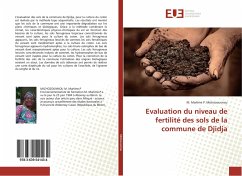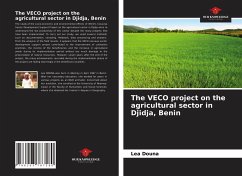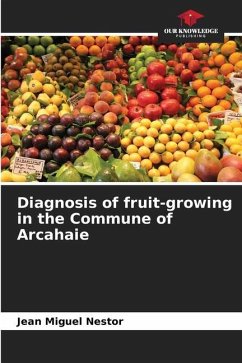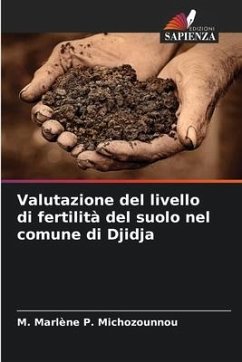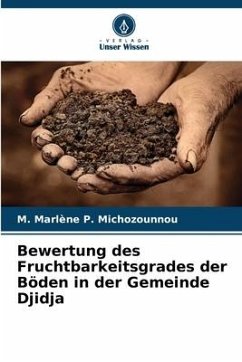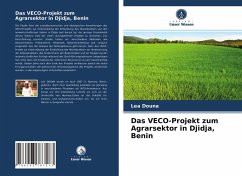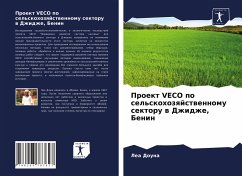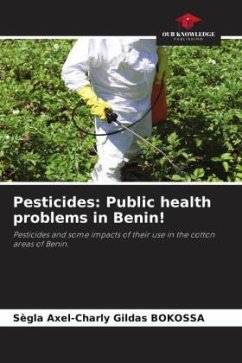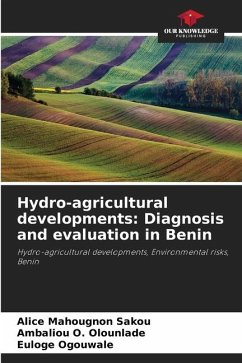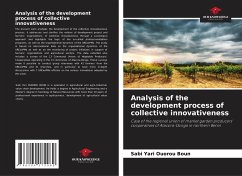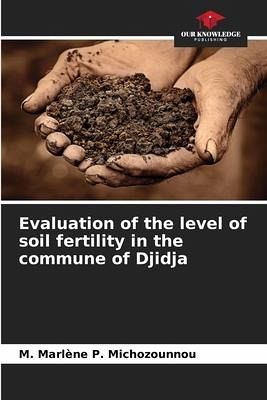
Evaluation of the level of soil fertility in the commune of Djidja
Versandkostenfrei!
Versandfertig in 6-10 Tagen
43,99 €
inkl. MwSt.

PAYBACK Punkte
22 °P sammeln!
The evaluation of the soils of the commune of Djidja for cotton cultivation was carried out using the topo sequential method. The results showed that the soils of the commune have undergone significant chemical and biological degradation. Thanks to the method combining the climate, the physico-chemical characteristics of the soil according to the needs of the crop, the tropical ferruginous concretion soils of the slope are suitable for cotton cultivation. Depleted ferruginous soils, leached ferruginous soils of the summit, ferralitic soils of the slope are moderately suitable for cotton cultiv...
The evaluation of the soils of the commune of Djidja for cotton cultivation was carried out using the topo sequential method. The results showed that the soils of the commune have undergone significant chemical and biological degradation. Thanks to the method combining the climate, the physico-chemical characteristics of the soil according to the needs of the crop, the tropical ferruginous concretion soils of the slope are suitable for cotton cultivation. Depleted ferruginous soils, leached ferruginous soils of the summit, ferralitic soils of the slope are moderately suitable for cotton cultivation. Hydromorphic depleted ferruginous soils, eutrophic brown soils of the lower slopes are marginally suitable for cultivation. The ferruginous leached concretioned indurated soils at the top and the hydromorphic soils at the bottom of the slopes are unsuitable for cotton cultivation. The use of organic fertilisers would be an asset for the correction of the soil fertility of the commune.The soil data obtained made it possible to draw up a soil suitability map for groundnut, yam, sorghum and rice crops.



